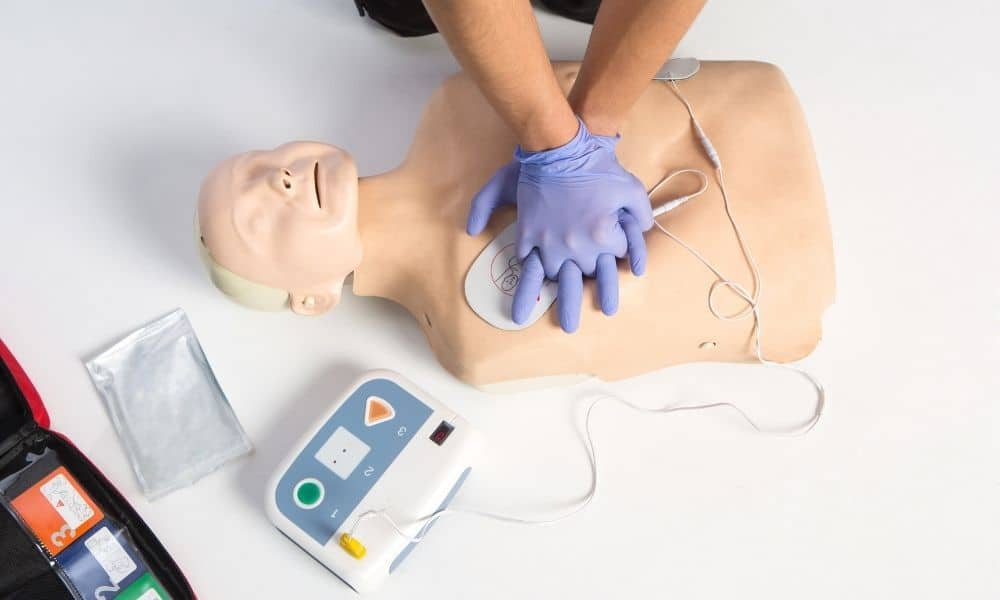Learning cardiopulmonary resuscitation (CPR) is a win-win-win situation. It’s good for you, it’s good for society, and it’s especially good for the person whose life you’ll save. What’s stopping you from receiving CPR training, especially if you work in the healthcare field or have regular contact with a person who might require CPR in an emergency? Here are several good reasons why you should know CPR.
CPR Saves Lives
The biggest and most obvious reason you should learn CPR is that it saves lives. If someone stops breathing and is unconscious and unresponsive, CPR keeps the blood pumping and the oxygen flowing through a person’s system, preventing further damage. If a person experiences cardiac arrest but receives swift and proper CPR, it gives them a better chance of being revived by trained first responders and the doctors and nurses at the hospital. Unfortunately, many people who suffer cardiac arrest won’t make it, but with CPR they at least have a fighting chance.
You’re More Likely To Use CPR at Home
Some folks might be fearful of learning CPR, believing they’ll be called on to perform it on a stranger in a public space with no knowledge of that person’s health status. That’s possible, but not as likely as you’d think. In fact, most occurrences of cardiac arrest take place in the home and might affect someone you already know and love. That should remove some of the “stage fright” involved in knowing and performing CPR.
CPR Is Easy To Learn
Another concern about learning CPR is the amount of time involved in learning it. Surely learning it must take days, right? Wrong. You’re not getting your medical degree; you’re learning a few basic steps to save a life so people who do have years of training can then step in and take over. The average CPR class takes no more than an hour to an hour and a half, and the steps are an incredibly basic, flexuous, and easy-to-memorize series of movements. If CPR classes aren’t offered at your place of employment, you can find a CPR class just about anywhere, even online!
Become Part of an Elite Group
Are you still looking for good reasons why you should know CPR? Consider the fact that very few people in the country have CPR training—less than three percent by some reckonings. When you learn CPR, you join a very special group that looks out for the other 97 percent of the population—who, in turn, will all look to you as a leader in an emergency. Be ready for the worst, feel more confident in your ability to handle bad situations, and know that you could make a difference in a life-or-death situation.








